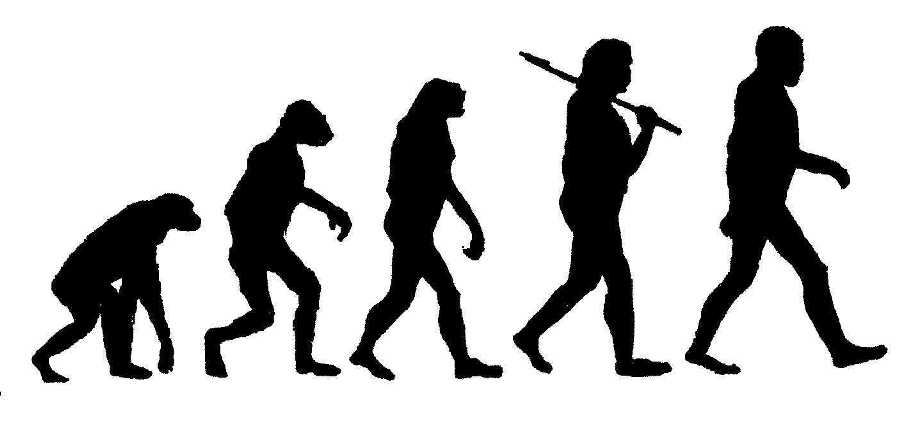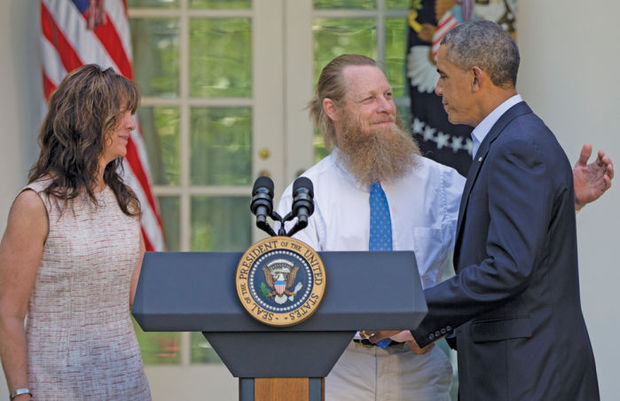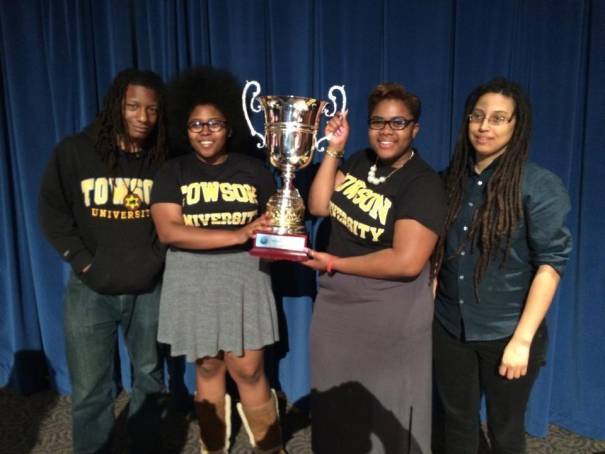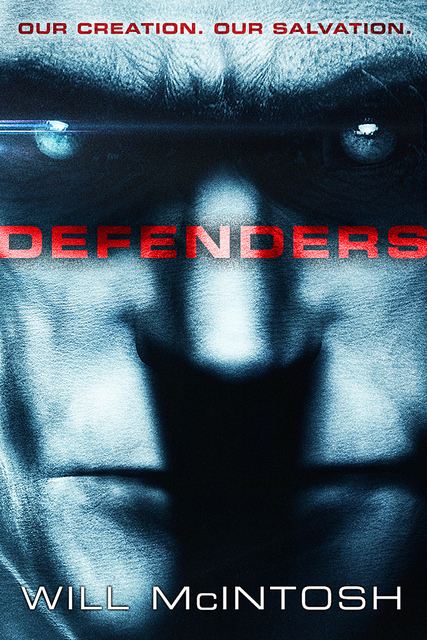Every so often there’s a poll that comes out showing that only 50% of Americans believe in evolution (give or take) and the hand-wringing and demagoguery commences. Not too long ago, I wrote about the particularly Mormon aspect of this boring, repetitive, non-issue in a post for Times And Seasons called Beware Instrumental Beliefs. It turned out that Mormons were especially unlikely to agree with the statement “evolution is the best explanation for the origins of human life on earth” and some among the Mormon intellectual classes started hyperventilating again.
My argument was that the only signal that survey really picks up is a cultural one. Americans see the issue of evolution as fundamentally one of cultural identity, not science, and they answer accordingly. So the common assumption that religious people are so mentally hamstrung by superstitious mumbo-jumbo that they can’t grasp enlightened science is really just an expression of prejudice and not a valid reflection of survey data. That was my theory, in any case. I felt it was a pretty strong one, given that plenty of the most vociferous critics of those who expressed doubt in Darwinian evolution were humanities majors rather than biologists, but still: it’s nice to be vindicated.
That’s Dan Kahan at the Yale Cultural Cognition Project who cites new research to draw three conclusions:
First, there is zero correlation between saying one “believes” in evolution & understanding the rudiments of modern evolutionary science.
Second, “disbelief” in evolution poses absolutely no barrier to comprehension of basic evolutionary science.
Third — and here we are getting to the point where the new data come in! — profession of “belief” in evolution is simply not a valid measure of science comprehension.
The last point might seem redundant, but it isn’t. It’s a separate point, and it’s an important one because it shows a clear path forward for those who believe that teaching the ideas of human evolution is important and don’t want to get hung up with an irrelevant culture war. As Kahan reports, the NSF tried to get the question “human beings, as we know them today, developed from earlier species of animals” removed from a test of scientific literacy not to assuage conservatives, but for the simple fact that:
the answer people give to this question doesn’t measure their comprehension of science. People who score at or near the top on the remaining portions of the test aren’t any more likely to get this item “correct” than those who do poorly on the remaining portions.
The NSF faced a backlash, however, “from those who either couldn’t get or didn’t care about the distinction between measuring science comprehension and administering a cultural orthodoxy test.” Kahan goes on:
But those of us who don’t have to worry about whether taking a stance will affect our research budgets, who genuinely care about science, and who recognize the challenge of propagating widespread comprehension and simple enjoyment of science in a culturally pluralistic society (which is, ironically, the type of political regime most conducive to the advance of scientific discovery!) shouldn’t equivocate.
We should insist that science comprehension be measured scientifically and point out the mistakes — myriads of them — being made by those who continue to insist that professions of “belief” in evolution are any sort of indicator of that.
Definitely read the entire article for more insights and the very interesting data analysis Kahan did to arrive at his conclusions.









